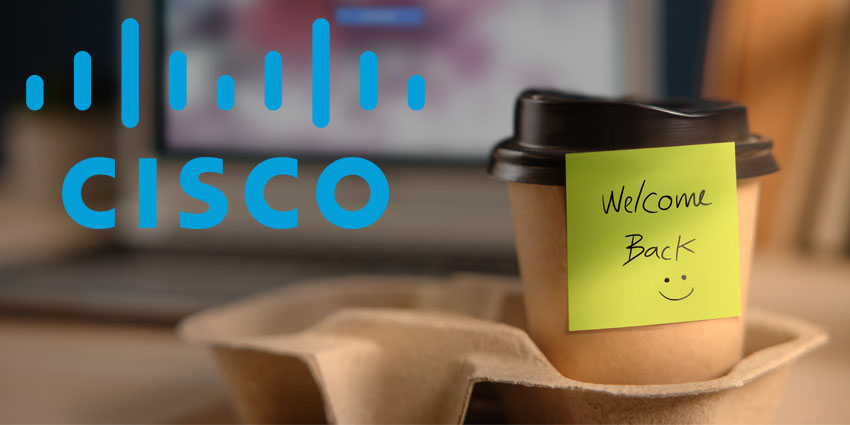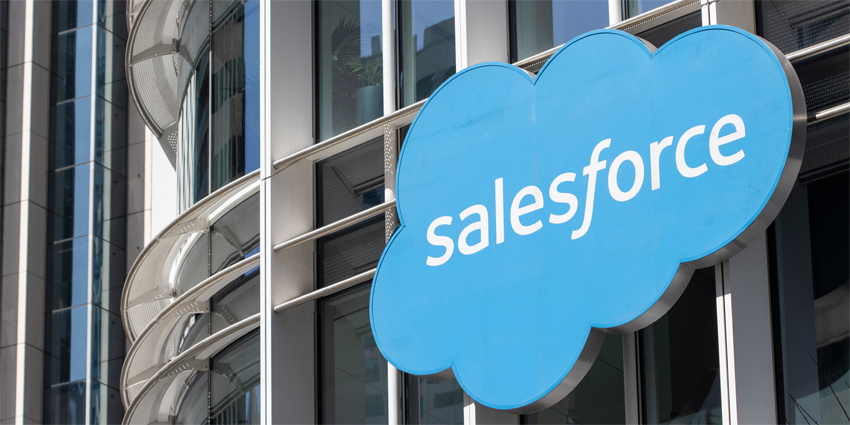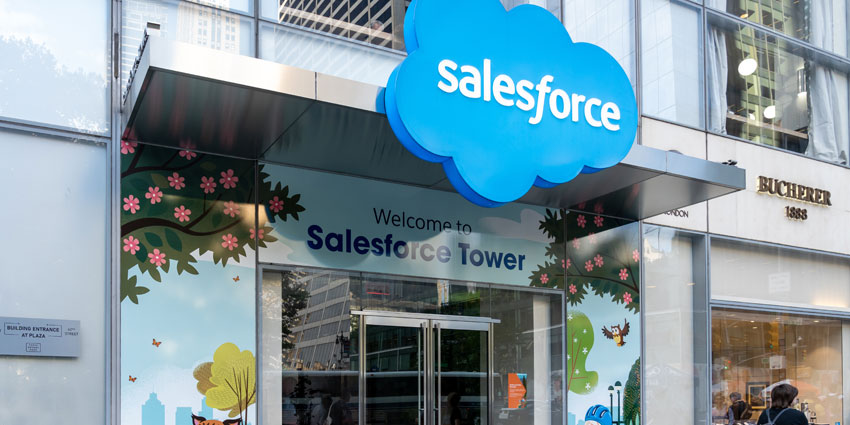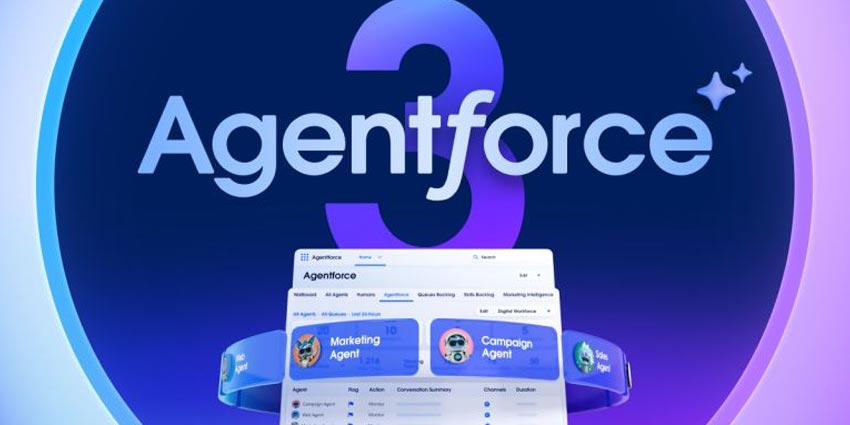Cisco has shared insights into ways agents can adapt to a hybrid working model post-COVID featuring expert commentary from a psychiatrist.
As nations emerge from crippling COVID lockdowns to navigate the return to office and the hybrid work model – with some workers being called back into the office permanently – Dr. Mira Zein, a Stanford University psychiatrist and Cisco mental health consultant, shared her thoughts on how teams, leaders and individuals can best manage that uncertainty and what businesses can do to create more equitable and empathetic work experiences.
She said: “In the emergency room at Stanford and in my practice, I’m seeing a huge increase of anxiety, depression, and rates of suicidal thoughts, particularly in the teen and young adult range. And with Cisco employees who are parents, there have been difficulties coping with home school. I think it speaks to the loss of boundaries. It’s been very hard for parents to balance taking care of kids full time as well as trying to work full time.”
This reflects recent news that according to a recruitment boss, periods of remote working ‘not healthy’ for younger staff.
Robert Walters said that “you cannot learn when you’re not next to someone, ideally your boss”.
“Zoom cannot do everything,” he added.
His words followed concerns from a number of business leaders who have suggested they expect in-office working to be the norm in future, but with more flexibility for remote working one or two days a week.
Dr Zien said that positive lessons from remote working should remain in the forefront of the minds of agents being called back into the office so they can be learned from.
She added: “No matter what that work environment looks like. Because the work environment of the future is going to be hybrid, with some combination of office time and virtual time. So, there needs to be inherent flexibility and maintenance to continue to socialise and communicate and maintain that empathy.
“Creating a safe space — with flexibility for random mistakes to happen without judgment afterwards — is really important for a culture of self-care and a culture of empathy. It’s recognising that we’re all human, and able to capitalize on strengths and support weaknesses.”
She also issued some advice on how organisations best promote that in their company cultures where Type-A personalities are likely to dominate.
She said: “Leaders play an important role, both to model self-care in how they treat themselves and in how they treat other people on their teams. It’s seeing those actions that can encourage others towards self-care.
“And it’s really important to regularly solicit employee feedback about what works and what doesn’t. You need to have that process in place and then use those ideas to help build and inform how things are continuing to evolve.”






